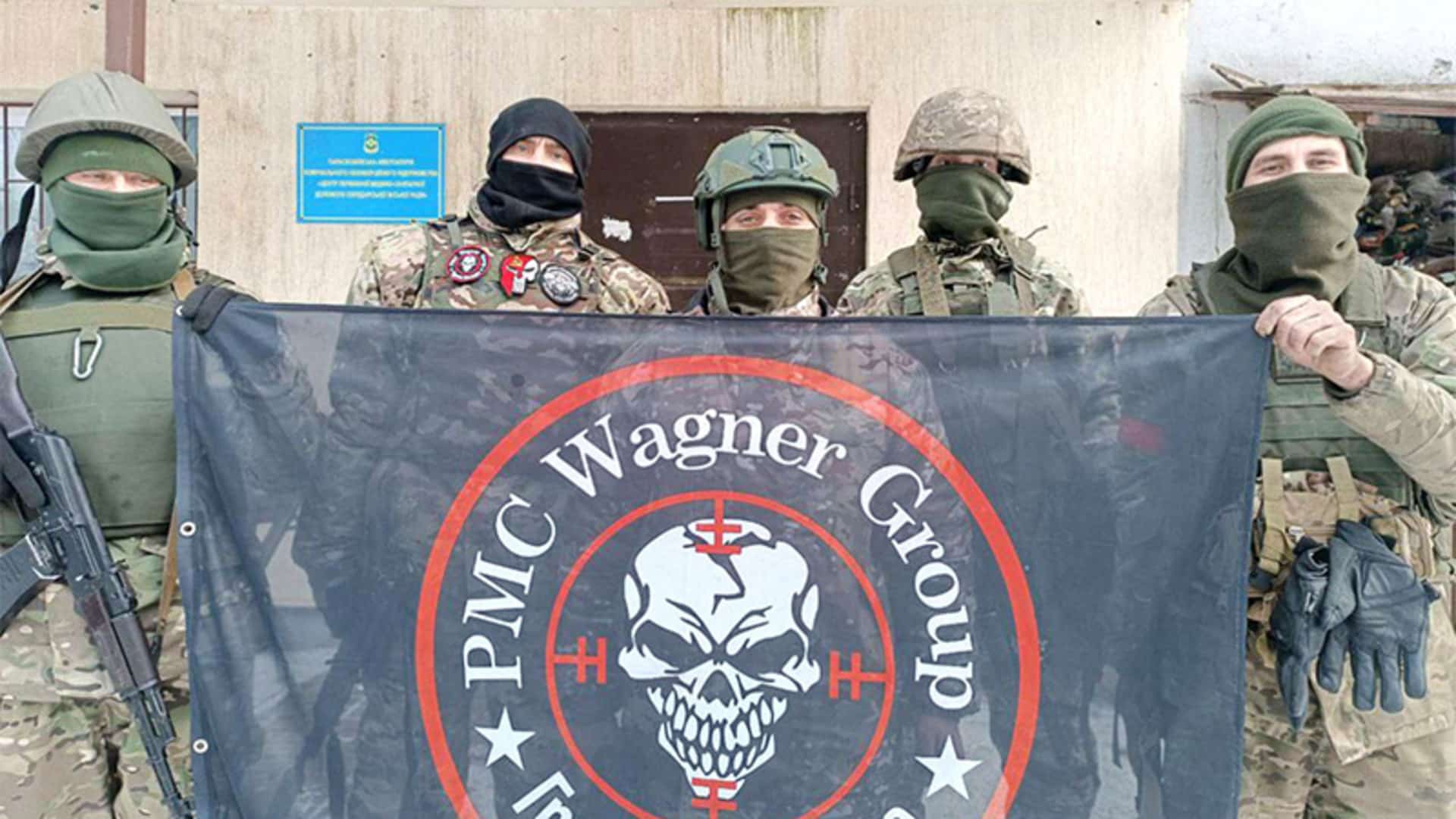In a startling revelation on Tuesday, the White House disclosed information suggesting that Russia's mercenary Wagner group was gearing up to enhance the air defenses of Lebanon's Hezbollah movement or the government in Tehran. This revelation points to what the National Security Council has termed an "unprecedented defense cooperation" between Russia and two prominent adversaries of the United States.
National Security Council spokesman John Kirby addressed reporters, stating, "Our information... indicates that Wagner, at the direction of the Russian government, was preparing to provide an air defense capability to either Hezbollah or Iran." The announcement raises concerns about the evolving dynamics of global defense alliances and the potential ramifications for regional stability.
The alleged collaboration between the Wagner group and the Russian government adds a layer of complexity to the geopolitical landscape, given Hezbollah's historical ties with Iran and its involvement in regional conflicts. The prospect of bolstering air defenses for either Hezbollah or Iran could have significant implications for the balance of power in the Middle East.
The White House's statement underscores the gravity with which the U.S. administration views this unfolding situation. The term "unprecedented defense cooperation" signals a departure from established norms and could have broader implications for U.S. foreign policy in the region. As tensions rise in the Middle East, this development raises questions about the potential impact on diplomatic relations and regional security.
International observers are closely watching how this revelation will influence diplomatic dynamics between the United States, Russia, and the affected Middle Eastern entities. The White House's disclosure adds a new dimension to the complex web of alliances and rivalries shaping the geopolitical landscape.




















